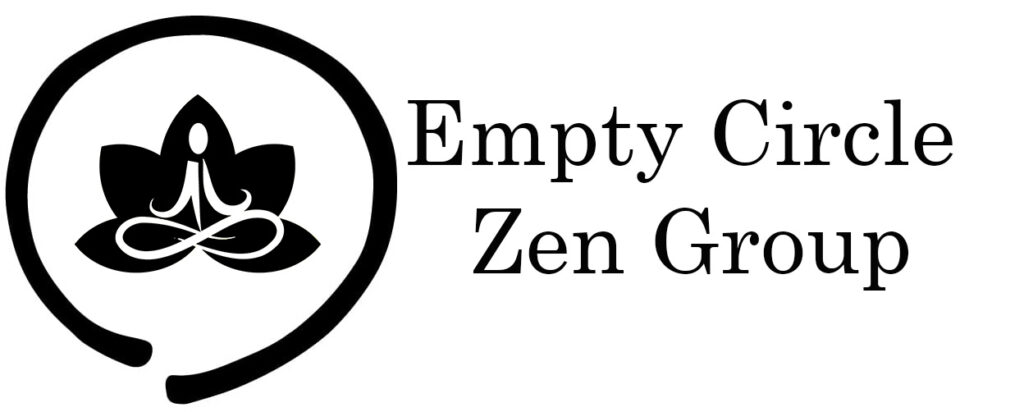The Four Noble Truths are core principles that offer a powerful approach to understanding and alleviating life’s challenges, guiding us toward peace and contentment. These truths are universal and accessible, offering insights into the nature of our experiences and tools to manage suffering and dissatisfaction.
1. The First Noble Truth: Understanding Suffering
The First Noble Truth states that suffering is a natural part of life. We encounter difficulties in many forms: physical pain, mental stress, emotional struggles, and even the challenges of change. Suffering doesn’t mean that life is miserable, but it does acknowledge that we face obstacles simply because we’re human. For example, losing a loved one is painful, and no one is exempt from such heartache. Recognizing suffering as part of life helps us build empathy, letting us relate to others in their struggles. By accepting that suffering is universal, we become kinder to ourselves and others.
2. The Second Noble Truth: The Source of Suffering
The Second Noble Truth tells us that the root of suffering often lies in our attachments, desires, and cravings. We become attached to outcomes, people, or things, believing they will bring lasting happiness. For example, we may feel disappointed when we don’t achieve a particular career milestone or frustrated if a relationship doesn’t turn out as we hoped. This truth doesn’t say we should avoid happiness but rather suggests that clinging to outcomes creates stress and discontent. When we learn to recognize and let go of these attachments, we can experience a more peaceful state of mind.
3. The Third Noble Truth: The End of Suffering
The Third Noble Truth offers hope by showing that it’s possible to end suffering. By changing how we relate to our desires and learning to release attachment, we can achieve a state of inner peace. Imagine accepting a job loss as a moment to explore new opportunities, rather than feeling defined by it. When we shift our perspective, we break the cycle of stress and dissatisfaction, allowing ourselves to experience life with greater ease and freedom.
4. The Fourth Noble Truth: The Path to Liberation
The Fourth Noble Truth introduces a practical path, known as the Eightfold Path, to reduce suffering and live a balanced, fulfilling life. This path includes guidelines for cultivating right understanding, intention, speech, action, livelihood, effort, mindfulness, and concentration. For instance, practicing right speech might mean focusing on honest and positive communication, which strengthens relationships and reduces conflict. The Eightfold Path isn’t about perfection; it’s about building a life rooted in awareness and compassion.
By applying the Four Noble Truths, we gain valuable insights into ourselves, learning to approach life’s challenges with resilience and understanding. This journey brings us closer to a life marked by peace, well-being, and genuine fulfillment.
Author
-

David Schmelzer is a Dharma teacher known for his compassionate and accessible approach to mindfulness and spiritual growth. Drawing on years of experience in both Eastern and Western contemplative traditions, David guides students toward cultivating inner peace, resilience, and a deeper connection to the present moment. He is committed to fostering a welcoming space for all, blending ancient teachings with insights for modern life. Through his teachings, David encourages the development of equanimity and compassion, empowering individuals to embrace life’s challenges with a calm mind and an open heart.
View all posts


